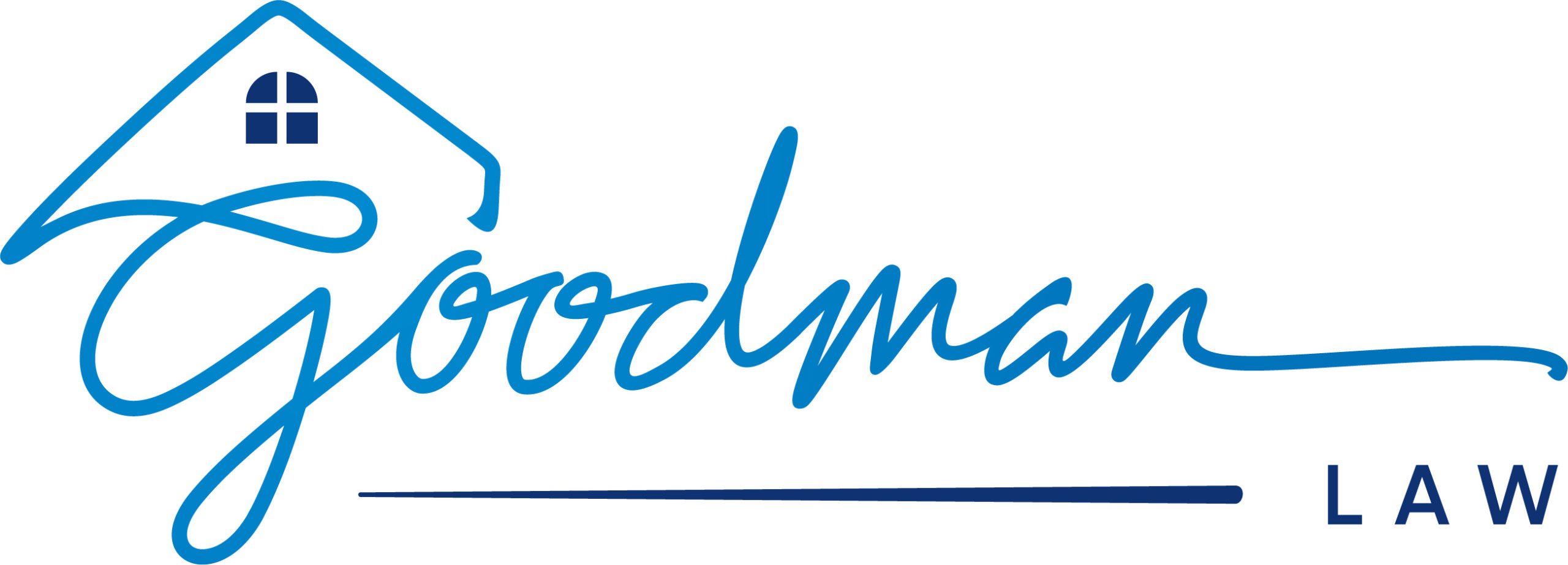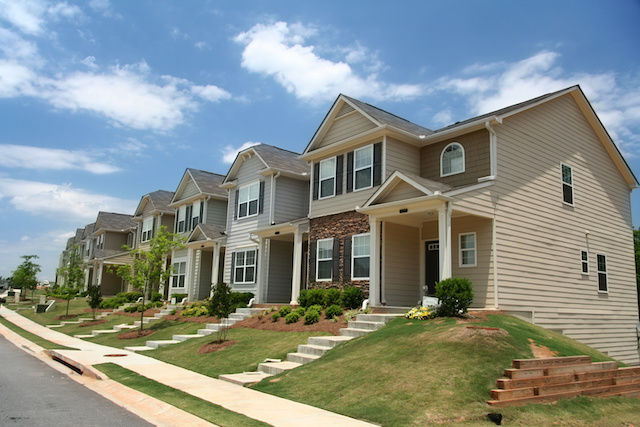When it comes to passing common expenses to owners in a condo association, the appropriate phrase is not “you get what you pay for,” it is “you pay for what you get.”
Condo Associations are generally responsible for the maintenance and upkeep of common elements and limited common elements. This upkeep is paid for by the Association as a common expense, which is defined as “expenditures made by or financial liabilities of the association, together with any allocations to reserves.” However, in certain situations, common expenses must be passed through to particular owners.
The Arizona Condominium Act’s “pass-through” provision in A.R.S. 33-1255(C) provides:
Unless otherwise provided for in the declaration all of the following apply:
- Any common expense associated with the maintenance, repair, or replacement of a limited common element shall be equally assessed against the units to which the limited common element is assigned.
- Any common expense or portion of a common expense benefiting fewer that all of the units shall be assessed exclusively against the units benefited
Essentially, these provisions require a condo association to assess charges against owners when those charges benefit less than all the owners. For example, if a roof on a building that houses four units needs repairs, then the Association must assess the costs of those repairs equally among the owners of those four units. The owners whose units are not in that building are not responsible for any portion of those charges.
As mentioned in the opening sentence of the pass-through provision, the pass-through does not apply if the declaration provides otherwise.
Is passing common expenses onto these owners an option or a requirement?
The word “shall” in A.R.S. § 33-1255 is instructive. Associations are required to pass these charges onto the benefited owners. If the Association pays for these repairs or expenses with common funds, then it opens itself up to liability from other owners who are not required to cover those charges. The principle behind this requirement is that owners do not pay regular assessments to cover costs that only benefit other owners.
Hence, in a condo association, you pay for what you get.

